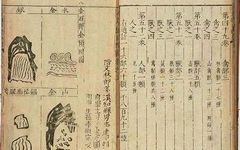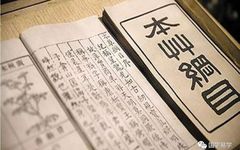The Origin of the Sage of Medicine Li Shizhen and the Compendium of Materia Medica
1. Abandoning Literature for MedicineLi Shizhen was born in the 13th year of the Zhengde era of the Ming Dynasty (1518 AD) in Qizhou Town, Qichun County, Hubei Province. His father, Li Yanwen, was a physician known for his medical skills in the surrounding counties and had previously held the position of “Taiyi Li Mu” … Read more










